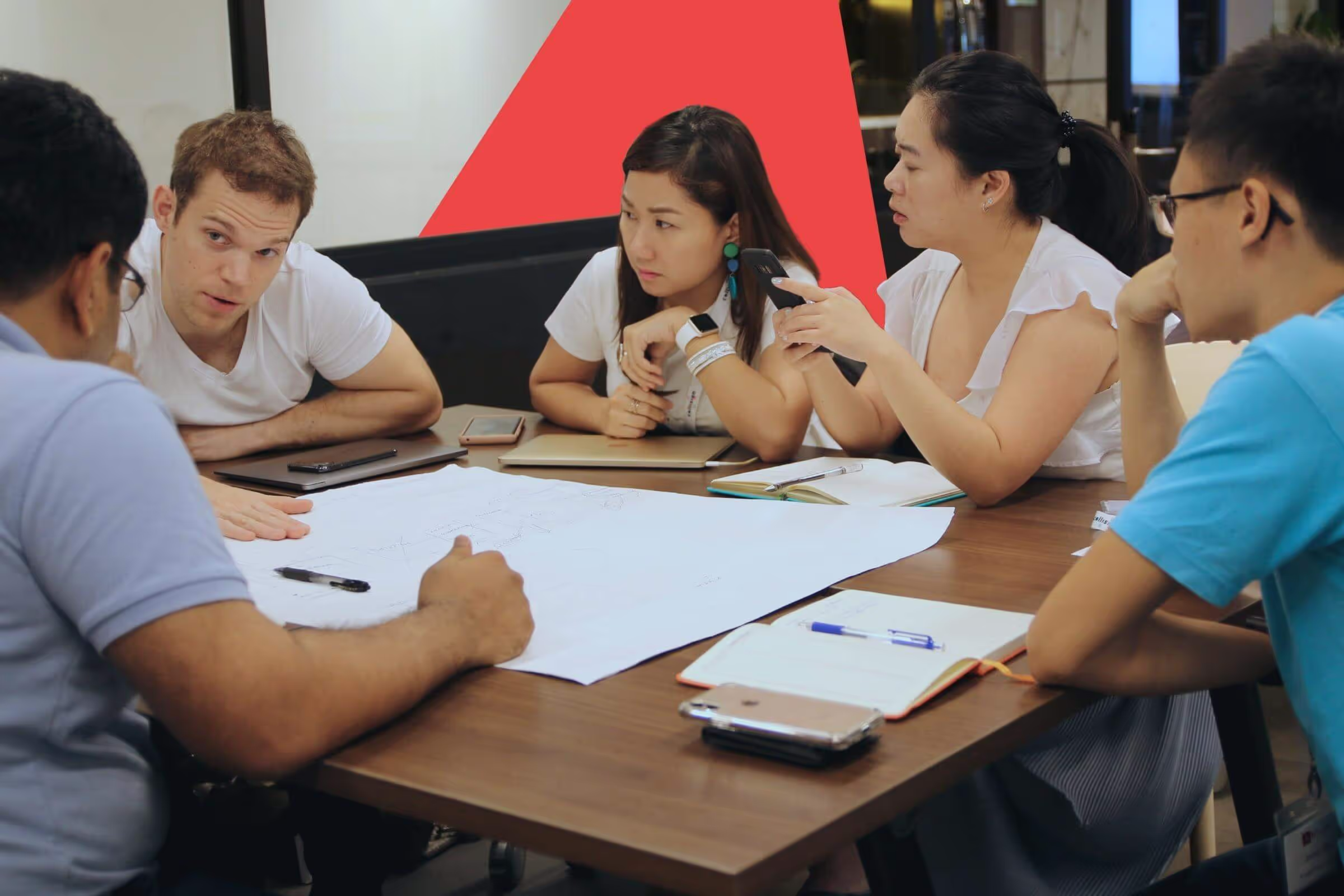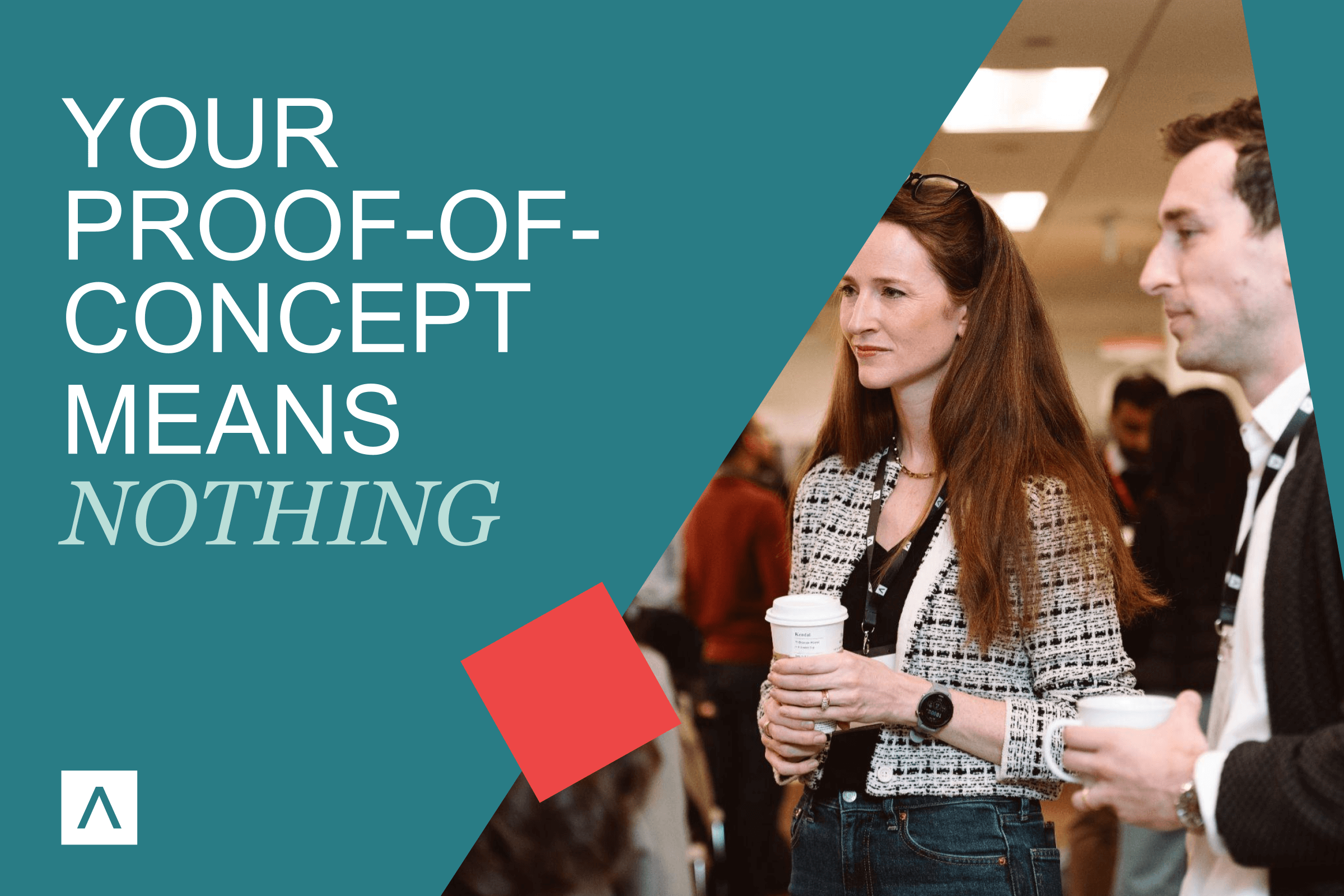Can you share some of the highlights of your journey building and growing RedMart?
"My journey can be placed into three broad buckets. First, the customer value proposition and the brand we managed to build over the last eight years. Second, the people and the culture that we managed to build and third, the technology.
Every founder has to start with something that they are familiar with, and also know what its value is to the customers. So, it was important for us to focus on a few things. One, convenience: we don't want customers to lug heavy, bulky items. Two, selection: the amount of products that you have. Three, price: grocery verticals are notoriously price-sensitive, so getting this right was very important. Four, service: we were probably known best for our good service. It's not just about the product and apps; it's also about how we actually delivered and ensure that everything is in order. Five, the people: it's not just about the idea, it's about the people. The execution and the right type of people at different stages. Six, culture: it is the only sustainable advantage. Seven, technology: we had to use technology heavily, simply because the grocery vertical is the hardest e-commerce that anybody can get into. Therefore, we asked ourselves: how do we address these issues efficiently? This was the problem we set out to solve."
As a young techie back then, of course you had a lot of options. There were many things you could have done, yet you chose this. So, there must have been something else that made this opportunity very interesting for you.
"Back in 2008, before I joined RedMart, I had to wind up one of the companies that we had just started because of the global financial crisis. We couldn't raise any funding. So ever since that time, I was actually looking for opportunities to get back into the entrepreneurial role. That's essentially what I was looking forward to. So when I came across RedMart, it already had a solid idea and the opportunity looked good. Also, the other two co-founders were each strong in their own ways. One was extremely good at finance and operations and the other was good at marketing. This made me interested and confident in joining the RedMart team. Additionally, back in 2011, e-commerce was not new. But, it was still not mature in Singapore, in terms of offerings, the service, and the quality. Less than 1% of trade was done online. Those are some of the things that made us feel we had a very big gap to fill. Additionally, the possibilities of building a lot of technology was something I was definitely excited about."
Q: How important was data in driving your decisions as the company grew?
"Data was quite important because, as a customer, you only get to see the app. But there is so much more that happens behind the scenes, like supply chain. There are all these optimization problems that need to be solved. And wherever there is an optimization problem, there is data involved. This purely from the technology and domain perspective. For example, if I take just one single domain, for example, a supply chain, you have to think about: what to buy, when to buy, how much to buy. These are one of the critical decisions any retailer has to make. These decisions have to be based on data. With RedMart, we built this from the ground up, simply because we couldn't find anything that suited the scale at which we were growing, the pace at which our customer base was expanding, and all those things. Thus, data was quite heavily used, also in terms of building products.
In terms of day-to-day decision-making, data is also extremely important. The business teams always used to look at all the necessary data-- day in and day out. We had regular weekly meetings where we went through metrics to see if there is anything going in the wrong direction, and then how to correct those things. I think we ended up building a platform which democratized that, which in turn helped with our decision-making. Of course, there were some gaps in terms of how accessibility and things, but otherwise, data played a very important role for us to succeed for all these years."
As a CTO in a quickly growing company, what were some challenges you anticipated, and some of the challenges you didn't anticipate?
Things that were anticipated
"In the early days of RedMart, we probably had about 4000 SKUs, and were thinking about moving to a new warehouse that could accommodate 4 times that SKU count. So, I could see that, operationally, it would be extremely hard for us to scale to that level without having the right set of systems and processes in place. Because we anticipated this, we were already looking for warehouse automation solutions (although we didn't build this ourselves as our team was small). This is one of the key things that changed, not just in the operational aspect, but it also improved the process aspect. We adapted to what the industry norms were.
It was also about anticipating and seeing what else could come in and the surprises. There were other things that we anticipated early on. For example, transport-related automation. We also tried to build and collect data as much as possible, which helped us come up with better models. Furthermore, we also implemented an early foundation for demand forecasting. All these things remained throughout the development of RedMart, even when we were actually acquired and even as we speak.
Additionally, as you know, micro services were all the rage, and the only domains in RedMart that I focused on quite heavily was developer experience. We started to ask ourselves, how do we actually scale services and anything that we are doing with the least amount of friction from the developer perspective? I was a big fan of that. This was another thing that was anticipated that went well. It's all about the time to value. You have to think about: How do you best get products out? How do you deliver customer value?"
Things that weren't anticipated
"Getting the right type of talent at the right level for different roles was one of the biggest challenges we had. It was one of the things that prompted us to start developments in India back in 2014. Furthermore, we also came up with a program to hire and train graduates, and then absorb them as employees. That worked well for us."
What were the specific tech-related products that you led for RedMart? What are ones you found particularly exciting?
"First, from day one, we were already ready for remote working. We didn't have any kind of clear mandate that you have to be in office at your desk to deliver anything. So, we started from there.
Second, we asked ourselves, how do we set up an infrastructure which has zero friction or barriers for individuals to contribute? As we scaled, I like going back to the point about microservices, one of the key things you had to ask was how do you test? I'm a big fan of automation from the testing perspective and having a working environment for engineers to test it. Engineers get frustrated if there's a feature which they can't test. I was looking for a way to make this much better. This was the problem I was trying to solve. That is one of the biggest cornerstones of our infrastructure. To address this, we made developments to allow your laptop to walk alongside the rest of the infrastructure that was in the cloud so that you can test and debug alongside the rest of the infrastructure. It went extremely well.
The third is just a slightly more advanced portion of what I just mentioned. Let's say you're working on a feature which is long-running, but if that is a feature that you want to execute over time, how do you do that? For that we came up with a nice feature testing environment wherein you put only the systems that are part of your new feature, and then test them. Having these kinds of setups meant that developers didn't have to come in every day trying to set up something, or work on something is broken that they cannot test.
Though some of these things may not sound big, but looking at it at scale, it becomes very important; both from the feature velocity perspective, the developer happiness, and also for the sanity in the perspective of things."
Over the years since you began as a CTO, how have you seen the role of a CTO evolve? How is it different now vs then?
"Honestly, at a very high level, it doesn't change much. But there are some details about what companies might be doing differently structurally. The CTO role is still a highly technical role that requires a heavy understanding and focuses on delivering business value. So that's one of the key things. It's also a role which requires an individual to be very good at strategizing and picking the right problems to solve and in the right order. This is very critical from a role perspective. These characteristics have not changed much.
In general, what companies tend to do is create two separate kinds of roles. One is if you have a CTO who is responsible for anything and everything in product and tech. In the other case, it could be somebody who purely looks at the technical aspect, whether it's architecture, scalability, infrastructure security, etc.
It really depends on the type of company. For example, take RedMart, it's a consumer-facing app wherein a lot of product features need to be built. What we did was have multiple teams own and manage their own roadmaps, so I didn't have to be involved all the time. We had senior leaders who could do that. But, let's say we take a different product. For example, anything that is purely technical. The CTO himself then becomes purely technical or product strategist. Then, their involvement will be very different. So, it really depends on the company.
But otherwise, one thing that has changed is the amount of technology that has evolved for the past few years. It is very critical for the CTO to keep up with it and know when to use it within context."
How should CTOs think about tech products and initiatives that they make for a business? How should they think about what they choose to build?
"The most important thing is that CTOs must keep in mind that anything they do, they have to ask 'what is the impact?'. They need to have clear metrics on what the baseline is and what they are trying to achieve. It is very critical for them to have a method that aligns with the rest of the business. Additionally, doing a lot of cost-benefit analysis is also important because we'll always have a lack of resources. So, CTOs have to consider how they will make some of these decisions, whether they want to build, or buy, or outsource. Lastly, they should keep a tab on cost in general. In most companies, tech does end up being the major line. Therefore, think about how you, as the leader, will constantly reflect and find ways to improve it."
You recently left RedMart - what's the next for you? Are you building something new?
"Originally, I wanted to take a break. Right now, that doesn't seem like the best idea. So, I have ended up doing some consulting. But I'm also doing something which is very close to my heart and helping entrepreneurs. I'm also helping out a friend in launching a company. As for building something new, yes, I do have a couple of ideas which I'm dabbling around, but nothing at that stage where I may be able to take it to the market."









%20(1)%20(1)%20(1)%20(1)%20(1)%20(1).avif)
.avif)

